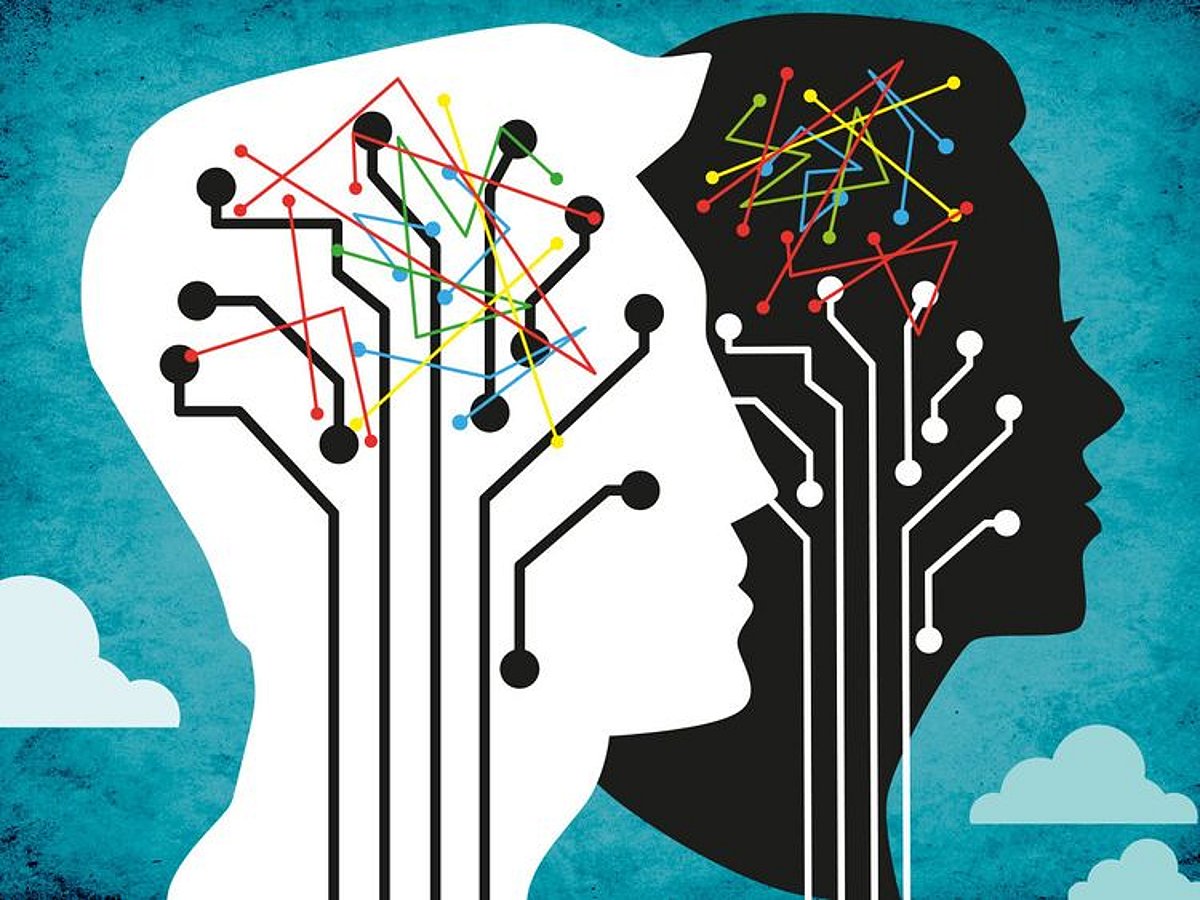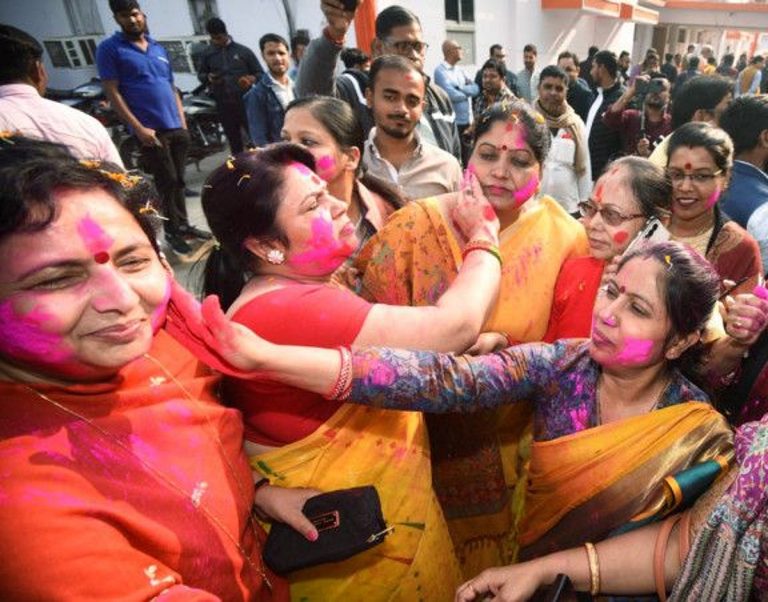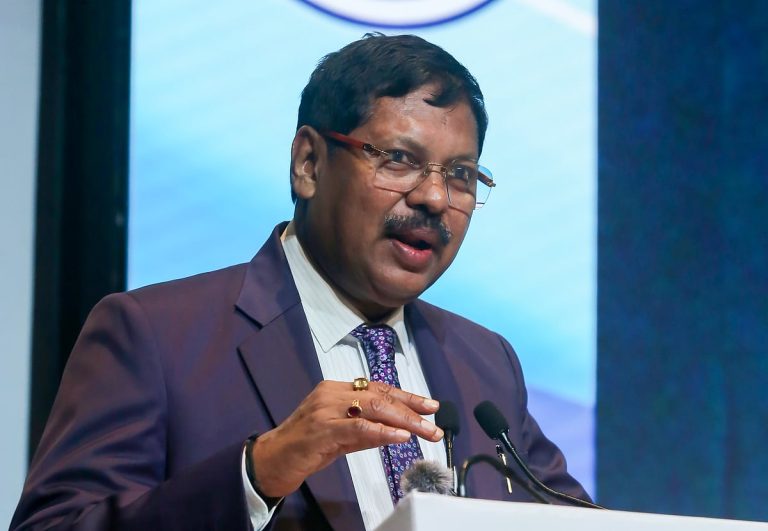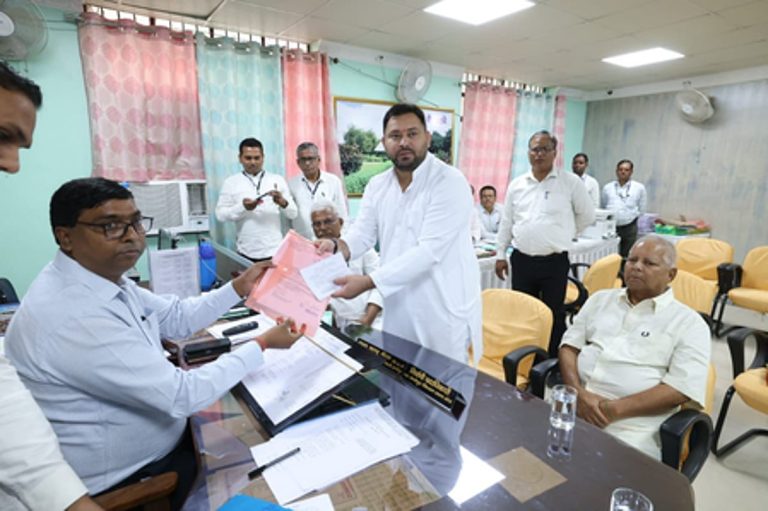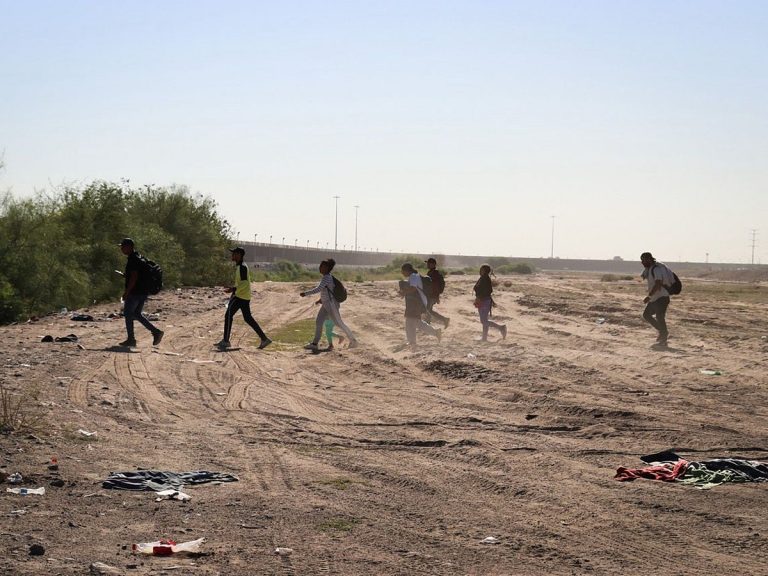India’s Mental Health Crisis: Urgent Need for Action
India is facing a significant mental health crisis that demands immediate attention. With a rapidly growing population and increasing societal pressures, the need for effective mental health support has never been more critical. Despite recent initiatives, including the appointment of actor Deepika Padukone as a mental health ambassador, the challenges remain daunting.
The Scale of the Problem
Recent statistics reveal that millions of individuals in India are grappling with various mental health disorders, including autism, depression, and schizophrenia. According to the National Mental Health Survey (NMHS), approximately 11% of adults in India suffer from mental health issues, with a lifetime prevalence rate of around 15%. This alarming trend highlights the urgent need for comprehensive mental health services across the country.
Stigma and Cultural Barriers
One of the most significant obstacles to addressing mental health issues in India is the pervasive stigma associated with mental illness. In many communities, individuals suffering from mental health disorders are labeled as “pagal” (mad) and face social ostracism. This stigma often leads families to conceal their loved ones’ conditions, preventing them from seeking necessary treatment.
Moreover, traditional beliefs often influence perceptions of mental health. Many individuals turn to faith healers or spiritual leaders instead of qualified mental health professionals, further complicating the situation. A tragic example is a family that lost their daughter to suicide due to untreated schizophrenia, despite having a history of mental illness in the family. Their reluctance to seek medical help underscores the dire consequences of stigma and misinformation.
The Gender Gap in Mental Health
Women, particularly homemakers and caregivers, are experiencing a growing mental health crisis that is often overlooked. Factors such as urban stress, loneliness, and societal expectations contribute to high rates of depression among women. Many fear seeking help due to the potential for being labeled as “difficult” or facing familial backlash. Instead, they may be taken to exploitative spiritual leaders who offer false hope rather than genuine support.
Substance Abuse and Addiction
Substance abuse is another pressing issue in India, exacerbated by the rise of addiction-prone apps and gambling. De-addiction centers often lack proper facilities and trained staff, leading to inhumane treatment methods. Even private centers, which charge substantial fees, frequently fall short of providing adequate care. The prevalence of alternative healthcare systems, such as ashrams run by self-styled gurus, further complicates the landscape. These establishments often exploit vulnerable individuals seeking help, leading to tragic outcomes.
The Need for Awareness and Action
Deepika Padukone’s involvement in mental health advocacy is a positive step toward reducing stigma and encouraging individuals to seek help. A well-crafted campaign promoting mental health awareness and support is essential to reach those in need. The recent suicide of a Dalit Indian Police Service officer, who cited caste-based bullying as a contributing factor, highlights the urgency of addressing mental health issues across all societal strata.
Rising Suicide Rates
The alarming increase in suicide rates in India is a wake-up call for policymakers and society at large. In 2022, the suicide rate rose by 3.3% from the previous year, marking the highest recorded rate in over five decades. This trend underscores the necessity for immediate intervention and support for those struggling with mental health issues.
The Path Forward
To combat the mental health crisis in India, a national conversation is essential. This dialogue must address stigma, improve access to mental health services, and promote education about mental health issues. Policymakers, healthcare professionals, and communities must work together to create a supportive environment that encourages individuals to seek help without fear of judgment.
FAQs
What are the main mental health issues affecting India?
India faces a range of mental health issues, including depression, anxiety, schizophrenia, and substance abuse. The National Mental Health Survey indicates that about 11% of adults are affected by these disorders.
How does stigma impact mental health treatment in India?
Stigma surrounding mental illness often leads individuals and families to hide their conditions, preventing them from seeking necessary treatment. This cultural barrier exacerbates the mental health crisis in the country.
What steps can be taken to improve mental health awareness in India?
Improving mental health awareness can involve public campaigns, education in schools, and community support programs. Engaging public figures and mental health advocates can also help reduce stigma and encourage individuals to seek help.
Conclusion
India’s mental health crisis requires urgent and coordinated action from all sectors of society. By addressing stigma, improving access to care, and fostering open conversations about mental health, we can create a supportive environment for those in need. The time for meaningful change is now, and it is essential to prioritize mental health as a critical component of public health policy.
Also Read:
Air India to Reinspect Emergency Systems on Boeing 787s

